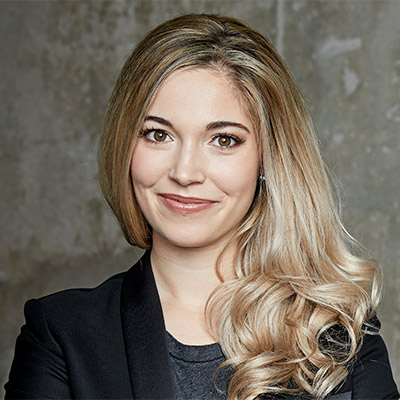False memories ignite people’s imaginations, particularly they crop up in high-profile court cases. Such as in 2021 for instance, when socialite Ghislaine Maxwell was accused – and convicted – of child sex trafficking.
During the trial, the defence called the most eminent researcher in the field of false memory research, Elizabeth Loftus, to the stand. There, she said something that memory researchers say on a regular basis; “[Memory] doesn’t work like a recording device… We are actually constructing our memories while we retrieve memories.” But a statement that in a lecture hall would simply be a scientific fact, is often decried as unethical in the context of a trial. Why is it that, in the courtroom, experts like Loftus often come under attack, accused of undermining witnesses?
False memory is the term given to recollections that are either partially or completely incorrect. We all have memories that are flecked with false details: memories where we get our own age wrong, or remember a friend coming along to an event they didn’t actually attend. It’s even quite common to ‘steal’ entire memories, particularly from siblings.
In criminal justice settings, the same processes can involve a witness misremembering important details, misidentifying a perpetrator, or even misremembering an entire crime. False memories are not deliberate lies, but unintentional subjective realities. False memories are our own truths.
But where do false memories come from? In 2015, I ran an experiment to find out. After three leading or suggestive interviews, 70 per cent of my participants developed false memories. Many confessed in vivid detail to crimes that had never actually happened. Further studies showed that these false memories seemed real to others.
Of course, research like this must go through ethics boards, and participants were debriefed. But these studies showed how false memories could be created and whether they can be reliably differentiated from true memories. They might help us prevent false memories from arising in real world situations where the stakes are much higher.
In a legal setting, false memory experts are typically called to work on cases where some elements of an important memory are thought to be false. Maybe CCTV footage doesn’t match an eyewitness account, a timeline doesn’t make sense, or someone asked to identify a suspect goes from being unsure to entirely confident.
The question for the expert witness is whether these mistakes could be due to false memories. Educating police, jurors and judges on how memory works should empower them to better differentiate between high- and low-quality (or even impossible) memory evidence.
Although I have been hired by the prosecution, as an expert I have most often been hired by the defence. This is because of how the burden of proof works. The defendant’s lawyers want to introduce reasonable doubt, and calling into question how witnesses remember events is one way to do that.
Within memory research, there are also heated debates. Who is to say what counts as a false memory? I have argued that only individuals themselves can know if a memory feels real to them, but other memory experts think that only researchers can spot a false memory.
Such arguments have led to instances where false memory experts hired by the defence and the prosecution end up battling out their scientific disagreements in court, making it all seem more confusing than it really is. Memory researchers as a whole have long accepted that false memories exist, including in normal brains.
But in cases where memories are the primary evidence, including in cases involving sexual assault where there is no physical or CCTV evidence, the stakes are high and emotions even higher. Researchers like Elizabeth Loftus and myself move between two worlds: the scientific world, where facts triumph, and the judicial world, where ‘legal truths’ triumph, where the only thing that matters is what can be proven in court.
Why do we bother? Most of us became interested in false memories because of cases of wrongful conviction. It makes a lasting impression to see a victim point with certainty at a suspect, only to realise years later that the person they helped imprison was not the perpetrator at all. As false memory experts, our job is to help prevent unreliable evidence from contaminating the justice system, one tiny courtroom lecture at a time.
Read more from Dr Julia Shaw:
